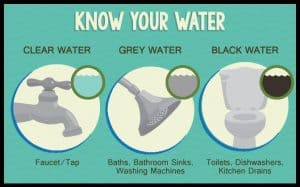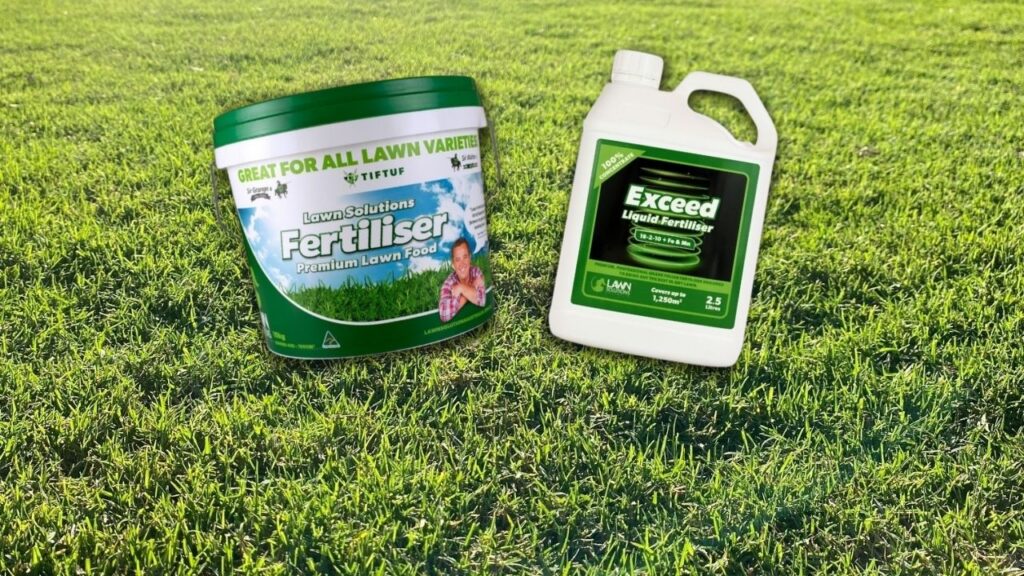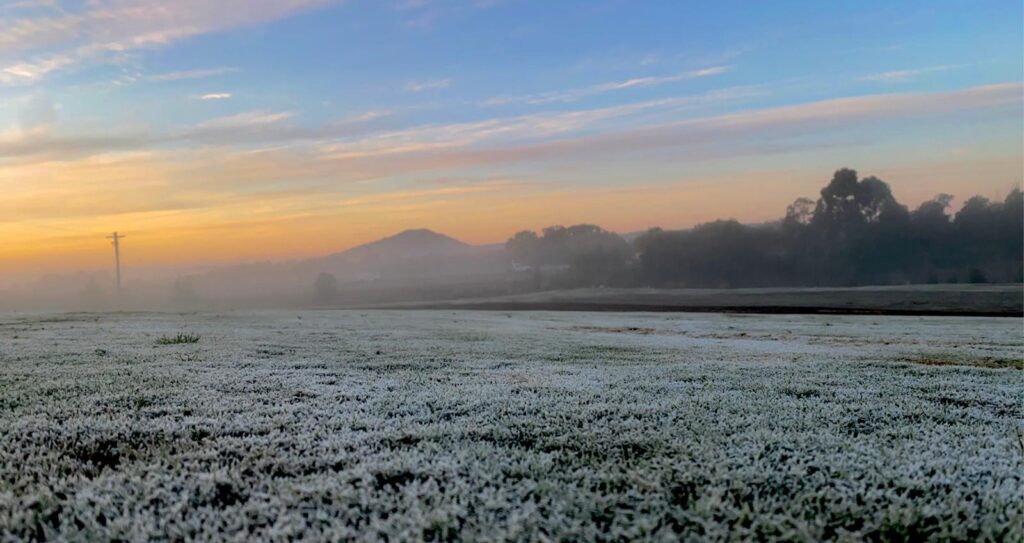Grey water
Grey water is the wastewater from washing machines, laundry tubs, baths, showers and wash basins. It does not include wastewater from the toilet, dishwasher or kitchen sink, as these can contain unwanted solids and potentially unhealthy nasties.

Grey water can be used on the garden and lawn either dispersed by bucket or a grey water re-use system. This is a good way to recycle your grey water and at the same time reduce pressure on waste systems, save on valuable drinking water, as well as saving you money. If you want to use grey water, be sure that when washing you use friendly, suitable detergents that won’t harm your plants and lawn.
Use suitable detergents
Suitable detergents are those that are low in phosphorus and sodium. These types of detergents are readily available at your local supermarket. Be sure to read the labels correctly.
A couple of ways to use grey water
A diversion system diverts grey water from your waste pipes to your lawn and garden. There are a few systems available, the simplest being a bucket. Alternatively you can set up a pump with pipes and drip lines. A treatment system is used for stored grey water and requires treatment to remove offensive odours and harmful microorganisms and other nasties. Once treated, the water can be used in the garden and to flush toilets.
Soil type is another consideration in deciding whether to use grey water on the garden. Clay soils will hold on to the water’s solid particles far more than sandy soils, to the point where the levels can be harmful. Flushing the soil with clean water will help remove these particles. Long term, continuous use of grey water can cause issues. Sandy soils that drain and leach easily don’t suffer from this problem nearly as much.
Finally, regulations vary across the country and from council-to-council, so you need to check with the relevant authorities to find out what is legal and suitable for you. Your water supplier and council should have the relevant guidelines on grey water use. It’s best to speak with a specialist in your area for more information.



